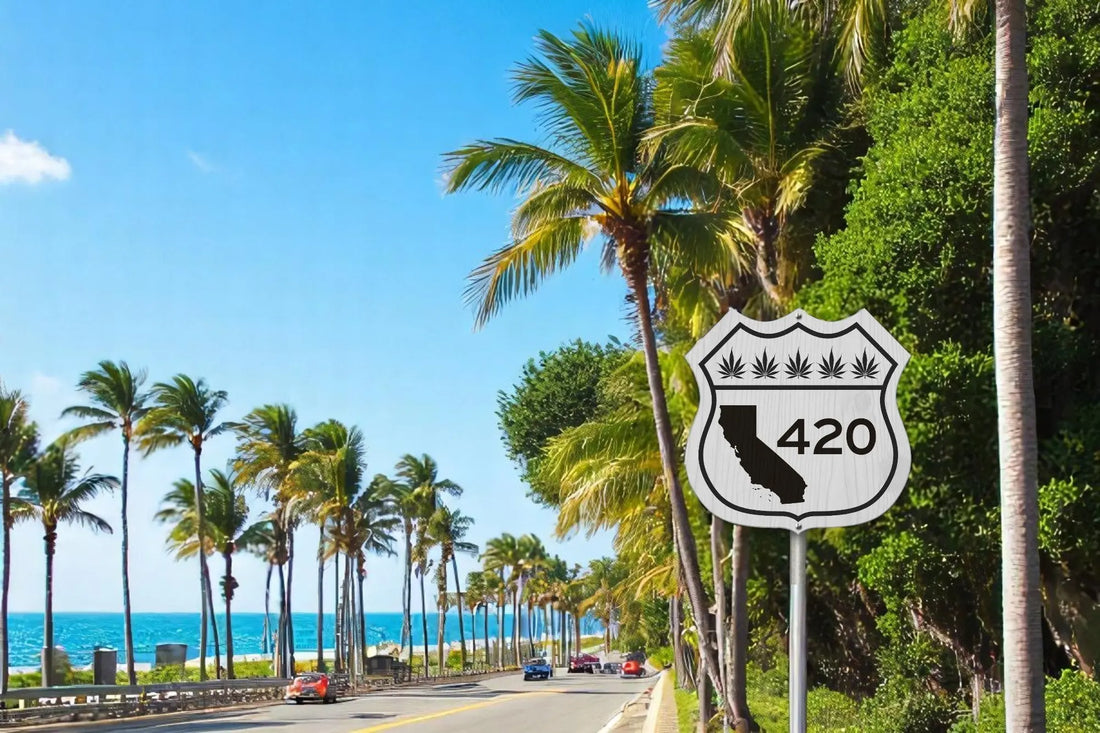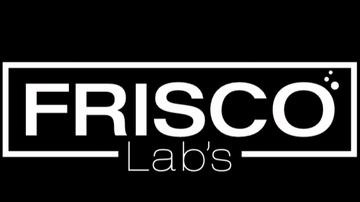
THCA Legality Explained: A State-by-State Analysis for All 50 States
The legality of THCA, or tetrahydrocannabinolic acid, has become a significant topic of discussion as the demand for cannabis products rises. With diverse regulations across the United States, many people are left wondering, is THCA legal in all 50 states? This article aims to clarify THCA's legal standing in your state and break down the essential laws governing this non-psychotropic compound.
Understanding THCA: What Is It?
THCA is the non-psychoactive precursor to THC, which means it does not induce a high like its well-known counterpart. Found in raw cannabis plants, THCA becomes psychoactive when heated—a process called decarboxylation. This unique characteristic plays a crucial role in the legal landscape surrounding this compound. Understanding THCA is essential as we explore its legal status in different states.
Properties of THCA
THCA is abundant in fresh cannabis flowers and is recognized for its potential health benefits. Studies suggest that it may possess anti-inflammatory, neuroprotective, and antiemetic qualities. However, due to its non-psychoactive nature, it does not get users high, making it a less controversial option in the cannabis community.
The Importance of Hemp and THC Content
The legal status of THCA is primarily influenced by the 2018 Farm Bill, which legalized hemp-derived products containing less than 0.3% THC. Understanding this limit is crucial to determine whether THCA products fall under legal protection or not, thus influencing regulations from state to state.
The 2018 Farm Bill and Its Impact
The 2018 Farm Bill marked a monumental shift for hemp and its derivatives, removing them from the list of controlled substances. This legislation allows for the legal production and sale of hemp-derived products, including THCA, as long as they adhere to the specified THC content limits. Consequently, introducing THCA to the market has led to several states establishing their own regulations, further complicating its legality.
Federal vs. State Regulation
While the federal government recognizes THCA as legal under specific conditions, states are given the autonomy to interpret and enforce their cannabis laws. As a result, some states may impose stricter rules, while others may embrace a more lenient approach. Understanding this regulatory landscape is crucial for consumers and businesses alike.
Potential Legal Complications
Although THCA is generally accepted at the federal level, the way it can convert to THC upon heating poses a legal gray area. Products designed for consumption through smoking or vaping could inadvertently cross the legal threshold of THC content, making it essential for consumers to stay informed about their local laws before purchasing or consuming THCA products.
State-by-State Analysis of THCA Legality
To provide clarity, this section will analyze the legal statuses of THCA across all 50 states. Understanding these variations is critical for anyone interested in purchasing or using THCA products.
THCA Legal States
- California: Legal and widely available under the state’s cannabis laws.
- Florida: THCA derived from hemp is legal; adherence to state medical cannabis regulations is necessary.
- Texas: THCA from industrial hemp is legal as long as it contains less than 0.3% THC.
- Oregon: Recognized as legal; strong support for hemp-derived products.
- Colorado: Cannabis-friendly regulations; THCA products can be freely purchased.
THCA Illegal States
- Idaho: THCA is illegal, with strict regulations governing cannabis.
- Georgia: Legal complexities make THCA products difficult to access, often resulting in them being treated as illegal.
-
Tennessee: THCA is illegal, with strict regulations governing cannabis.
- California: Has restrictions that can classify THCA as illegal if derived from cannabis exceeding THC limits.
Legal Considerations and Responsibilities
Upon confirming the legal status of THCA within your state, it is essential to understand the responsibilities tied to its use and consumption. Consumers must familiarize themselves with not only local laws but also label requirements and THC concentration limits. This knowledge can help in avoiding unintentional legal violations.
Consumer Tips for Compliance
- Always check product labels for THC content to ensure compliance with state laws.
- Purchase from reputable retailers that provide third-party lab testing results.
- Stay updated on any changes in local laws regarding cannabis products to maintain compliance.
The Growing Market for THCA
The market for THCA products continues to expand as more states adopt favorable regulations. From oils and tinctures to raw flower, consumers are gaining access to various products, making it increasingly important for both users and sellers to remain informed about the evolving legal landscape surrounding THCA.
Conclusion: Navigating the Complex Landscape of THCA Legality
In summary, THCA's legal status varies drastically across the United States, influenced by federal regulations and individual state laws. While the 2018 Farm Bill has enabled the legal production of hemp-derived products, individual states maintain the power to regulate or prohibit THCA within their jurisdictions. As laws continue to change, staying informed is essential for consumers and businesses to navigate this complex legal landscape responsibly.
Frequently Asked Questions (FAQ)
Is THCA legal in all states?
No, THCA's legality varies by state. While it is legal at the federal level under certain conditions, specific states have imposed stricter regulations or outright bans.
What does the 2018 Farm Bill state?
The 2018 Farm Bill legalizes hemp and its derivatives, including THCA, as long as they contain no more than 0.3% Delta-9 THC by dry weight.
Can THCA produce a psychoactive effect?
No, THCA itself is non-psychoactive. However, it can convert to THC through heating, which can produce psychoactive effects.
How can I ensure I comply with THCA laws in my state?
It's essential to check your state regulations, product labels for THC concentration, and purchase from reputable sources that comply with local laws.
